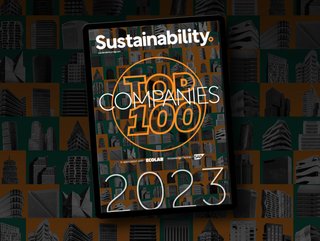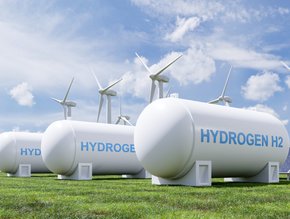Energy trends in Sustainability Magazine’s Top 100 Companies

In 2023, Sustainability Magazine upheld its appreciation for the top companies in emissions reduction, environmental; social and governance (ESG) impact, and successful commercial support for a number of partners and customers across the globe.
Why is the Top 100 Companies list so important?
Now supported by a number of reporting standards and frameworks, companies now have more support to reach their sustainability goals, but also make them achievable. From clean energy to fleet electrification, there are also a number of initiatives that businesses are implementing to reduce their environmental impacts; leveraging the latest technologies to really push forward.
The Top 100 Companies list not only recognises the most efficient organisations; businesses speeding up changing across their sectors, but also showcase unique perspectives of decarbonisation within a number of industries. Let’s recognise the top businesses in the list:
1. Schneider Electric
2. Siemens
3. Vestas Wind Systems
4. Unilever
5. Stantec
Industries featured in Sustainability Magazine’s Top 100 Companies
Although the top providers of sustainable solutions can be found in the energy sector—a critical area for evolution in 2023, the list highlights the breadth of sustainable commitments. Industries involved in this include, steel production, sustainable transportation, technology firms, consumer goods, software producers, and electric vehicles (EVs) to name a few.
This really highlights the growth of the sustainability trend and exacerbates the need for organisations to get on board with needed technologies to make responsible business possible.
EV adoption accompanies the energy transition trend
2023 was a year of transition for both automotive and energy providers. Only a year ago, the world was hit with the burden of global energy disruption as a result of the Russia-Ukraine war—raising speculation about the future of energy and how countries can secure their own clean services for their communities. This had a ripple effect on EV conversations as consumers and businesses had to determine, firstly how the cost of energy would affect them, then whether electrification of their own cars and fleets was feasible for them.
Tesla’s position as an EV maker was also cemented in the industry. As the company featured in the latest list, its main rival BYD was not featured yet plays a pivotal role in the EV conversation. Through the companies raised the bar for cost reduction and EV adoption to become the most sought after brands in the industry.
*******************
Make sure you check out the latest edition of Energy Digital Magazine and also sign up to our global conference series - Sustainability LIVE 2024.
*******************
Energy Digital is a BizClik brand.






